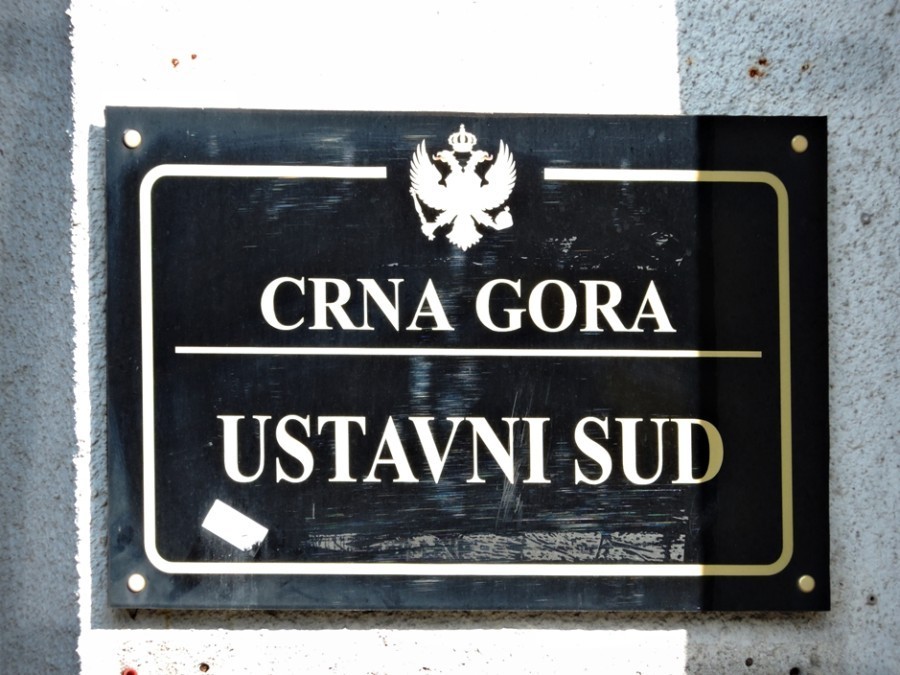
ENABLE THE WORK OF THE CONSTITUTIONAL COURT BY ELECTING NEW JUDGES
21/10/2022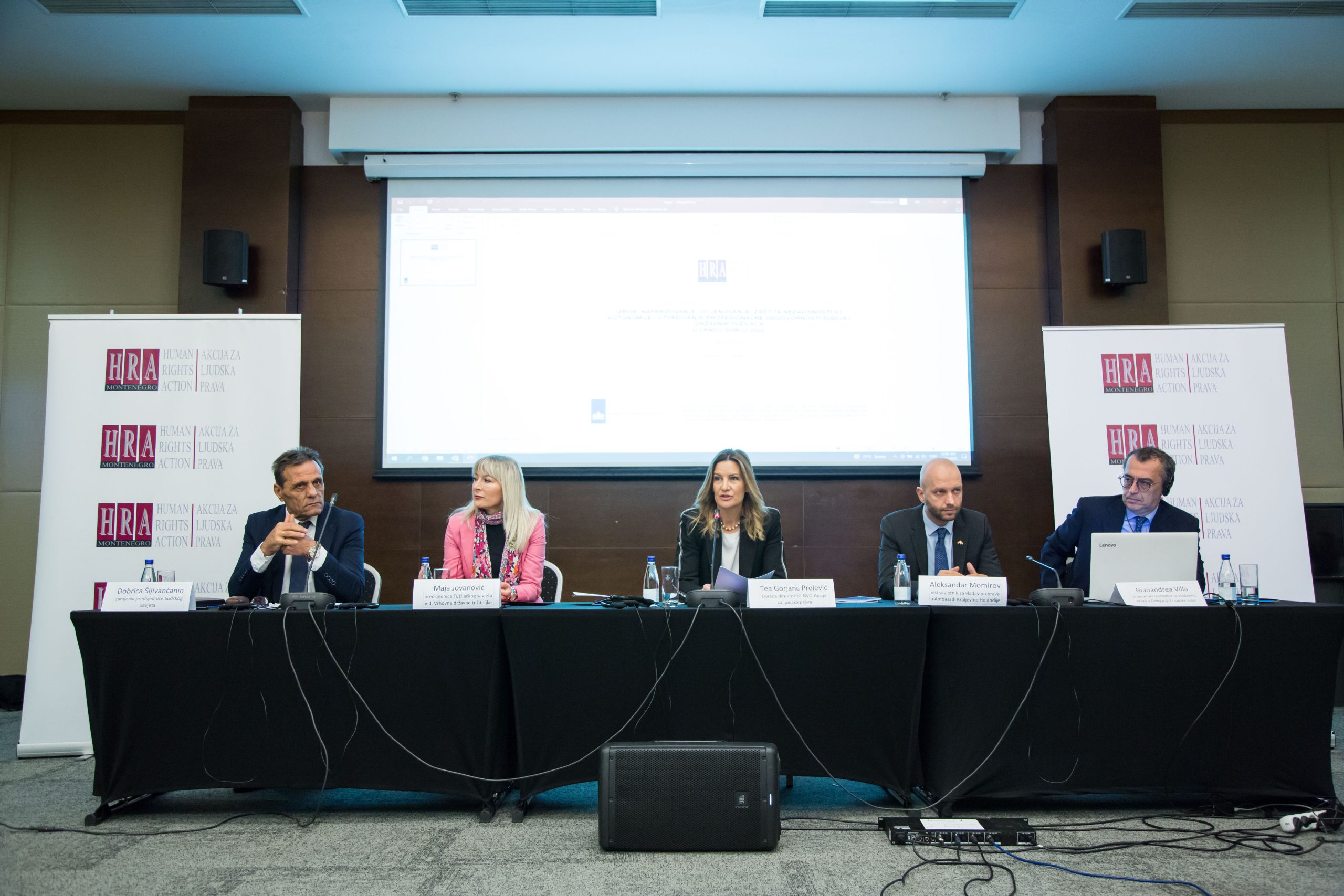
The Judicial and Prosecutorial Councils should work better, and their improved work should be visibl
02/11/2022LOCAL ELECTIONS AND THE VIOLATION OF THE RIGHT TO AN EFFECTIVE LEGAL REMEDY FOR THE PROTECTION OF VOTER RIGHTS
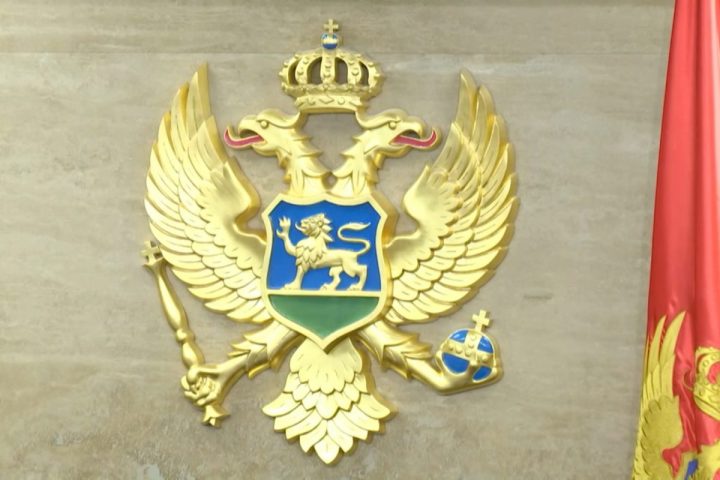
The state is violating the human right to an effective legal remedy for the protection of voting rights of all those who have already submitted to the Constitutional Court, or will submit appeals regarding the electoral process, because that Court will not be able to decide on said appeals, either within the prescribed time limits or in the foreseeable future.
The Constitutional Court cannot decide on election appeals because it does not have a quorum to take decisions, due to the fact that for more than two years members of the Parliament of Montenegro were not willing to elect one judge, who would have made it possible for this Court to continue to operate.
The right to appeal to the Constitutional Court for the protection of voting rights is guaranteed by the Constitution of Montenegro, the Law on the Constitutional Court and the Law on the Election of Councilors and Members of Parliament, while international human rights treaties guarantee the right to free elections and an effective legal remedy for the protection of the above right.
Also, the final results of the municipal elections, in relation to whose electoral processes constitutional appeals have been filed, will not be able to be announced until the Constitutional Court decides on the submitted appeals.
So far, appeals have been submitted to the Constitutional Court regarding the election processes in the municipalities of Danilovgrad and Plav. They will probably also be filed in relation to Žabljak, given that the State Election Commission has already rejected two objections against decisions of the Municipal Election Commission in Žabljak. When the State Election Commission decides on the other objections – those that were filed against the decision of the Municipal Election Commission in Podgorica, Zeta, Kolašin and Pljevlja – it will be known whether constitutional appeals will be filed in relation to those local elections as well.
We are not aware that any other European country has decided to conduct elections without a competent court to protect the voting rights. Conducting parliamentary and presidential elections without the Constitutional Court would be a new scandal that would show disrespect for rights.
* * *
According to the information that Human Rights Action received from the Constitutional Court, two appeals have been submitted to that court to date, even before the local elections were held on Sunday, in relation to the election procedures in the municipalities of Danilovgrad and Plav. The election results will be unable to be announced in those two municipalities, as well as in some others, before the Constitutional Court decides on all appeals relating to the local elections that will be submitted to it (Article 98 of the Law on the Election of Councilors and Members of Parliament).
Whether any, and how many, new election appeals will be submitted to the unfunctioning Constitutional Court, and in relation to which municipalities, will be known after the State Election Commission decides, in the coming days, on the objections that were submitted against the decisions of the Municipal Election Commissions in Podgorica, Zeta, Kolašin, Žabljak and Pljevlja (Article 110 of the Law on the Election of Councilors and Members of Parliament). All those whose objections end up dismissed or rejected by the State Election Commission will have the right to file an appeal with the Constitutional Court.
According to the information that is available to us, 25 objections were submitted to the Municipal Election Commissions to date. The commissions rejected 22, also accepting two completely and one in part. The State Election Commission adopted one objection against the decision of the Municipal Election Commission in Budva, and rejected two objections against the decision of the Municipal Election Commission in Žabljak.
According to the law, the Constitutional Court is obliged to act on appeals related to the election within a very short period of time (according to Articles 100-101 of the Law on the Constitutional Court, it must submit the appeal to the competent election commission for a statement within 24 hours, and it must decide on the appeal within 48 hours of receiving the statement). However, the court will certainly violate these deadlines and not act on appeals in the foreseeable future, because it does not have a quorum required for decision-making.
The legitimacy of the elections in the municipalities of Danilovgrad and Plav – in relation to whose election processes appeals were filed – was threatened even before the election day. It is impossible to know whether any part of the election procedure should have been annulled even before the election, based on the two submitted appeals, as the Constitutional Court was unable to decide on it (see Article 102 of the Law on the Constitutional Court).
Earlier, a proposal was submitted to the Constitutional Court to review the constitutionality of the law by which Zeta was established as a new electoral unit. This too should have been decided, to avoid those elections being suspicious as well.
Appeals regarding the amendments to the Law on Local Self-Government were also submitted to the Constitutional Court; these were not decided upon either, although they most likely became irrelevant because the Constitutional Court in the meantime decided that the law was unconstitutional.
When ruling on an appeal, the Constitutional Court can decide to annul the electoral procedure, or a part of it, if it decides that the irregularity was such that it could have influenced the results of the election (Article 102 Law on the Constitutional Court). This means that not each well-founded constitutional appeal necessarily leads to the annulment of the election; however, it is only the Constitutional Court and no one else that can decide on this. That is why the final announcement of the election results depends on the decision of that Court.
Should 49 deputies in the Parliament of Montenegro decide to elect at least one judge in the second round of voting, it would take the Constitutional Court at least a month to start to operate. However, judging by the position of the bloc of parties gathered around the Democratic Party of Socialists, which refused to vote for any candidate in the first round, a new judge will not be elected even then.
It remains to announce a new procedure for the election of judges of the Constitutional Court, which will take several months, provided that persons whose candidacies would be approved by the competent committee applied at all, and that they received a qualified majority in the first or second round of voting. Judging by the way MPs of all parties have treated the candidates, writing them off without explanation or a chance to answer accusations of incompetence or impartiality, it is uncertain whether anyone will ever again want to run for any of the positions that are subject to the voting of MPs.
This also means that the announcement of the final results of the local elections in some municipalities could be delayed indefinitely. Applicants to the Constitutional Court can immediately appeal to the European Court of Human Rights, but even that court would most likely not be able to decide on their applications before the Constitutional Court resumes its work.
On the other hand, organising and conducting parliamentary and presidential elections without a Constitutional Court to decide on election appeals would be a new scandal, which would show that the state is not capable of the rule of law.


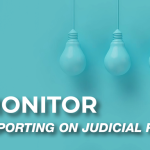


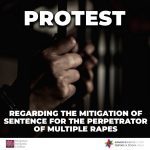

 English
English